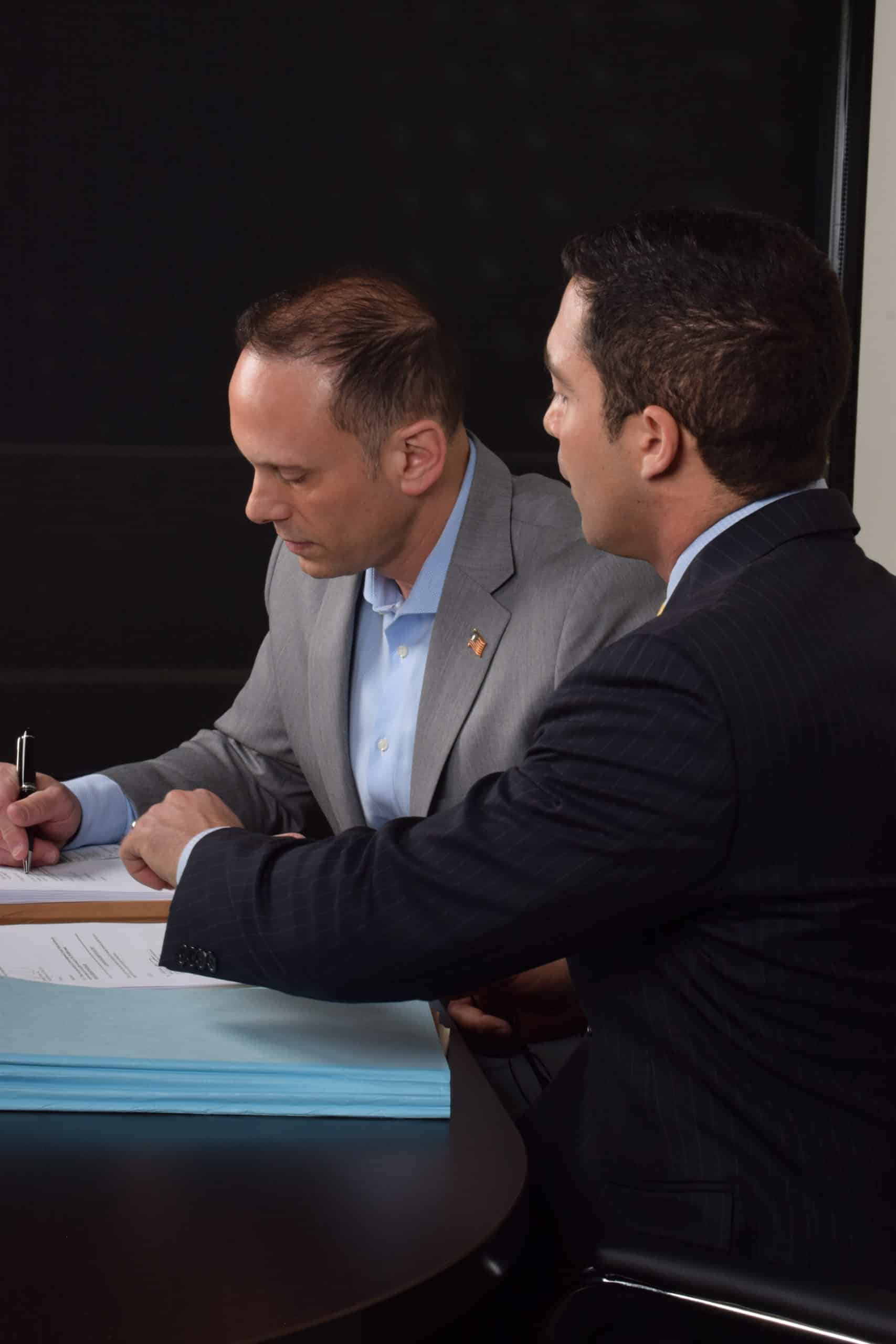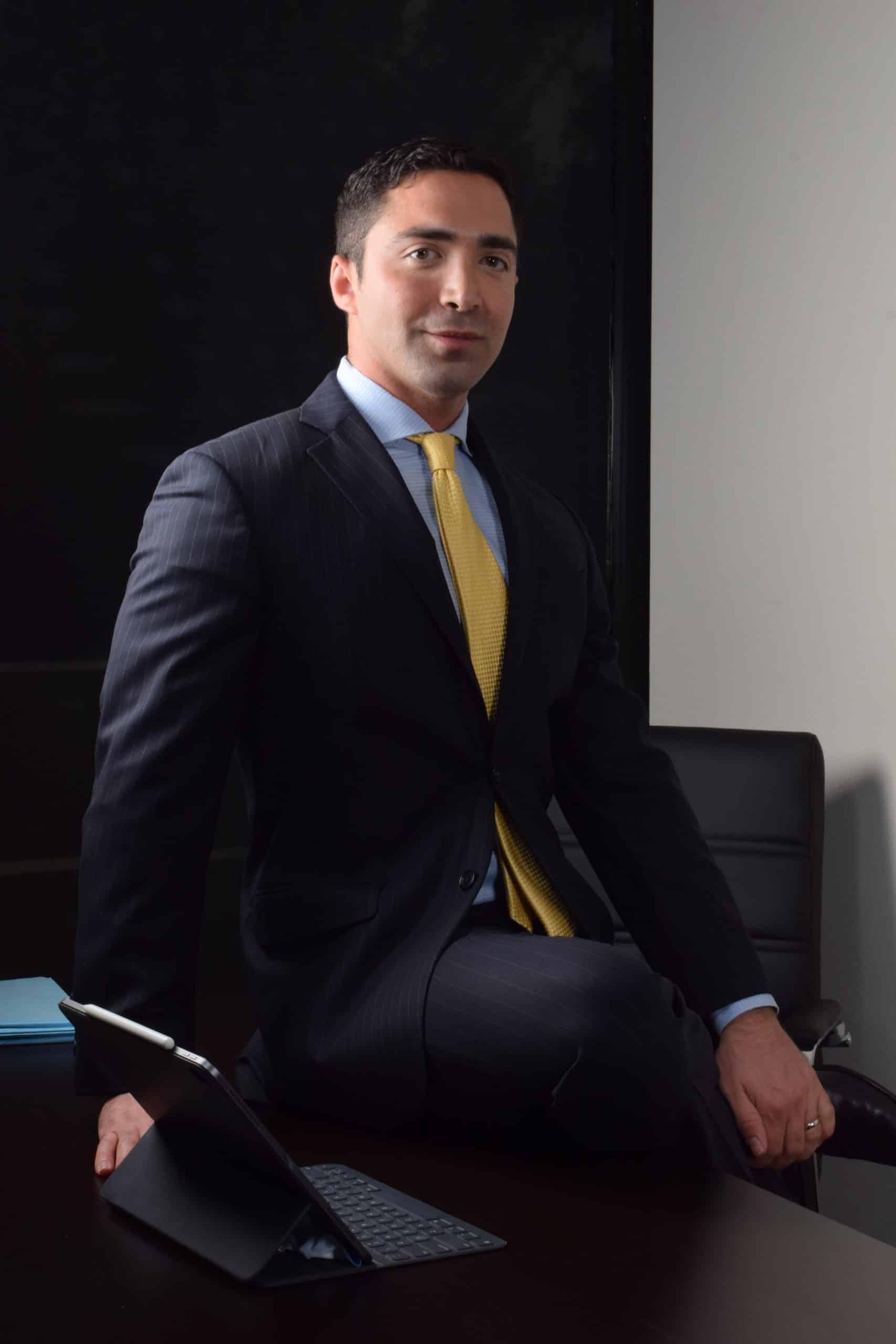Florida Probate Litigation
All sorts of disputes can emerge in families when someone passes away. These disputes can easily lead to families fighting it out in court after the decedent has passed away.
Probate litigation can be expensive, unpredictable, and can take years to settle a case.
So, if you are the nominated personal representative of a potentially contentious or adversarial estate, or if you think you are being denied money or property you are legally entitled to, you need a knowledgeable and experienced lawyer representing you and your interests.
An experienced Florida probate attorney, who is intimately familiar with Florida probate law, will know what factors are important for your case, and how to best protect your inheritance. Don’t leave your welfare and financial interests up to chance. Call the Florida Probate Law Firm today.
What Is Probate Litigation?
Probate is technically defined as the legal process of authenticating the deceased’s Last Will and Testament, assuming he or she left one. A probated Will is simply a Will that has been reviewed by a court and deemed valid. Probate litigation is a legal proceeding where a probate court hears contested matters regarding the validity of a Will and other probate issues associated with inheritance. Typical examples of probate litigation include:
- Will Construction
- Will Contests
- Lack of Testamentary Capacity
- Undue Influence
- Breach of Fiduciary Duty/ Removal of Personal Representative
- Elective Share Determinations
- Non Marital Children Seeking Inheritance
- Enforcing Claims Against the Estate
Why Is Probate Necessary?
Probate is a processing that guarantees that a deceased individual’s assets are transferred to the appropriate person(s). Florida probate laws determine which individuals are rightfully due certain assets in the event of an individual’s death.
Probate applies to property and other monetary assets that were in solely in the name of the deceased. Probate is only necessary when there is no valid automatic transfer of ownership of assets upon death.

Probate Litigation
Which Assets Are Exempt from Probate?
Joint accounts are exempt from probate and are transferred solely to the other account owner. Insurance policies and certain other types of accounts are also exempt from probate laws, including retirement accounts, life insurance policies, or annuities. These assets are exempt from probate and transferred to the beneficiary listed on the policies.
When Do I Need A Probate Lawyer?
A probate lawyer is needed anytime that probate litigation is necessary. Reach out to a probate lawyer if circumstances occur in which you think you are being denied money or property you are legally entitled to.
Contact a probate lawyer immediately if you are nominated as a personal representative of a potentially contentious or adversarial estate. The sooner you reach out to Florida Probate Law Firm, the sooner a team of experienced probate lawyers can begin building your case and protect your loved ones assets.

Types of Probate Litigation
Will Construction – Florida Probate Rule 5.025 classifies proceedings to construe or interpret the provisions of a Will as adversarial. The motivations for seeking judicial interpretation can be caused by a number of factors, such as poor grammar, the use of vague expressions, or when a Will uses words or expression in an inconsistent manner. Either way, the petitioning party thinks the words used do not clearly and completely express what the decedent wanted to have happen with his or her estate. Sometimes, the personal representative of the estate simply wants to have a judge clarify the meaning in the will before he or she disperses the state’s assets to the identified beneficiaries.
Breach of Fiduciary Duty – The personal representative of the deceased person’s estate owes the decedent the highest loyalty and duty of care. This is known as a “fiduciary’s duty”. To be under this duty means to be bound to act in the best interests of the decedent’s estate. The personal representative must act for the decedent and their money as he or she would act for themselves if it were their money. Failure to do so can result in the personal representative being removed or being held financially liable to the estate, its beneficiaries and/or its creditors. Once a fiduciary has been properly appointed it can be difficult to remove them without some showing of wrongdoing, or mismanagement of assets, associated with the estate. In order to successfully remove a fiduciary, you need more than a mere disagreement, or undue delay associated with the administration.
Will Contest and Notice of Administration
Will contests are the most common form of probate litigation. A Will contest starts when one party introduces what they claim to be a decedent’s Last Will and a Testament to the court. Then another party seeks to have that Will invalidated for some reason so that it has no legal effect.
There are strict deadlines for contesting or “challenging” a Will. If someone opens a probate and introduces a Will, all the other parties only have a limited amount of time to bring a Will contest. In Florida, a party who receives Notice of Administration in the mail that a probate proceeding has started, usually has only 3 months to file a petition to contest the Will or lose the ability to do so forever.
Ground for Contesting a Will in Florida
Lack of Testamentary Capacity – a person who makes a Will must have testamentary capacity at the time of execution. Testamentary capacity can be described as sound mind or mental competency, the level of competency required to execute a Will is lower than the capacity required of many other types of contracts.
There are several specific factors courts consider when addressing whether a person lacked testamentary capacity:
- The person must have understood they were making a Will
- The person must have known the nature and extent of their property
- The person must have known and understand who their heirs are
- The person must have understood that what they are writing was going to have a legal effect on all of their property and all of their beneficiaries
Undue Influence – Is another common ground for contesting a will. This is basically a claim that someone with a confidential relationship to the decedent, exerted influence in order for a Will to be executed in which the intentions of the testator were suppressed or dominated. The distribution scheme within the Will resulting from the undue influence, must be difference from the distribution scheme the testator would have otherwise selected. The influencer must also receive a substantial benefit under the Will.
The seminal Florida Supreme Court case is In re: Estate of Carpenter, 253 So.2d 697 (Fla. 1971). The Carpenter court held that a presumption of undue influence affecting the burden of proof arises when:
- Someone who has a substantial benefit under the will,
- possessed a confidential relationship with the decedent, and
- was active in the procurement of the will.
The Carpenter court reasoned that it would not be difficult to prove the first and second elements of the presumption of undue influence, but that the “active procurement” element would be more difficult. Accordingly, it provided guidance by articulating seven nonexclusive factors to assist a trier of fact to determine whether there was active procurement. Those seven “Carpenter factors” are:
- presence of the beneficiary at execution of will;
- presence of the beneficiary at times when testator expressed a desire to make the will;
- recommendation by the beneficiary of an attorney to draw the will;
- knowledge of the contents of the will by the beneficiary prior to execution;
- giving instructions on preparation of the will by the beneficiary to the attorney drawing the will;
- securing of witnesses to the will by the beneficiary; and
- safekeeping of the will by the beneficiary subsequent to execution.
Mistake in Execution – A Will can be set aside for a mistake in execution if any of the requirements for executing a valid Will were not met, or if the person making the will did not intend to do so, for example, if the person thought he or she was signing a durable power of attorney, not a will.
What If The Deceased Did Not Leave A Will?
The probate process can become further complicated in the event that the deceased does not have a valid will. Asset entitlement in these cases is complex and greatly depends on the circumstances and existence of the deceased individual’s survivors. Insurance policies automatically go to the listed beneficiary, regardless of whether or not there is a valid will. This is true unless there are disputes regarding the validity of these designations.
The estate will be split amongst the entitled individuals in amounts determined by the Florida probate legal system. If the deceased is survived by a spouse and does not have lineal descendants, the surviving spouse is likely entitled to the estate. Probate litigations become more complex when lineal descendants are involved. The deceased individuals’ parents are entitled to the estate in the event that there are no lineal descendants. If these individuals are no longer present, the individual’s siblings are then entitled to the property and/or monetary assets. There are exceptions and numerous complexities involved in asset litigations. Allow an experienced probate lawyer to help guide you through this process.

How An Experienced Florida Probate Litigation Lawyer Can Assist You
The process of settling a loved one’s estate after they pass away is often riddled with questions and disputes. Families that don’t deal with probate and/or trust administration properly can suffer significant consequences, such as family rifts, expensive litigation, and financial hardship.
Working with an experienced probate lawyer can save your family from worrying about these issues. Your first step towards peace of mind starts by calling our law firm to arrange an initial consultation with an experienced Florida probate litigation attorney.
Give the Florida Probate Law Firm a call at (954) 833-5328. We look forward to serving you.

